Videos and images where children have been manipulated into recording their own abuse now make up nearly half of all the material removed from the internet by IWF analysts.
Tagged with covid
Misleading and harmful online content about Covid-19 has spread "virulently" because the UK still lacks a law to regulate social media, an influential group of MPs has said.
Members of the BBC's anti-disinformation team offer insider tips on how to verify photos and videos online - so that you can be sure that what you're seeing is reliable.
A paramedic has described how a patient with symptoms of a heart attack refused treatment after reading on Facebook that she would die if she went to hospital during the Covid-19 crisis.
The account was among hard-hitting testimony given by medics to MPs about the damage misinformation on social media is doing to frontline healthcare.
The doctors called for tougher action on Google, Twitter and Facebook.
All three firms told MPs they were working hard to tackle the problem.
You probably can't whip up a cure on your laptop.
But there is something you can do. Stop the spread of misinformation.
The Education Safeguarding Service have published a Template Acceptable Use Policy (AUP) for Remote Learning. During the current Covid-19 restrictions, many schools and settings are implementing remote learning, including live streaming, as well as other forms of online communication to provide formal education and to stay in touch with learners and/or parents carers. The AUP template will enable schools and settings to clearly state their online behaviour expectations for all involved.
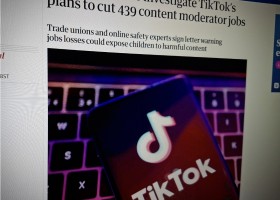
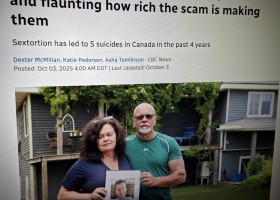
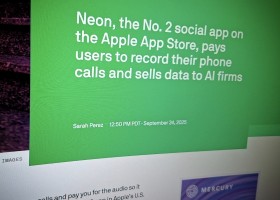
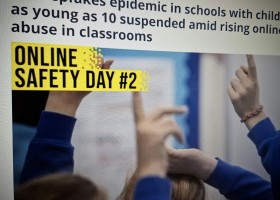
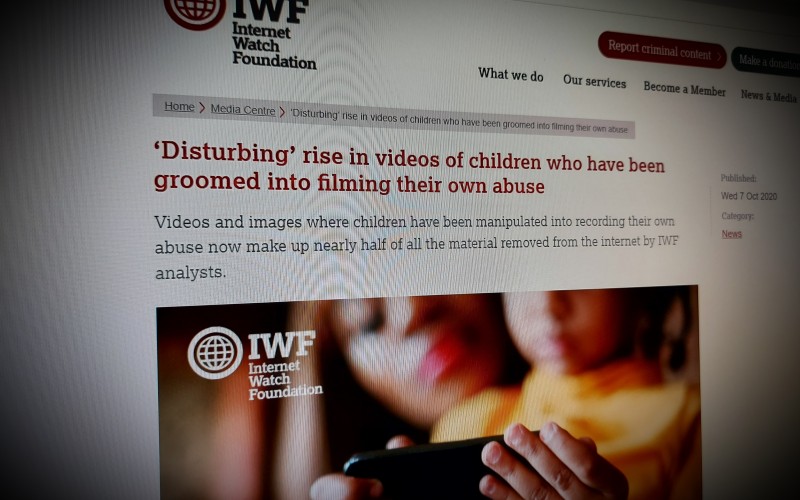
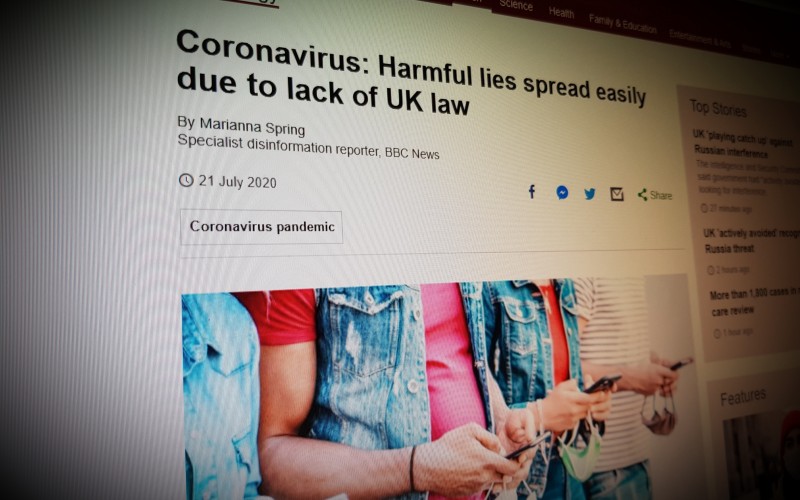
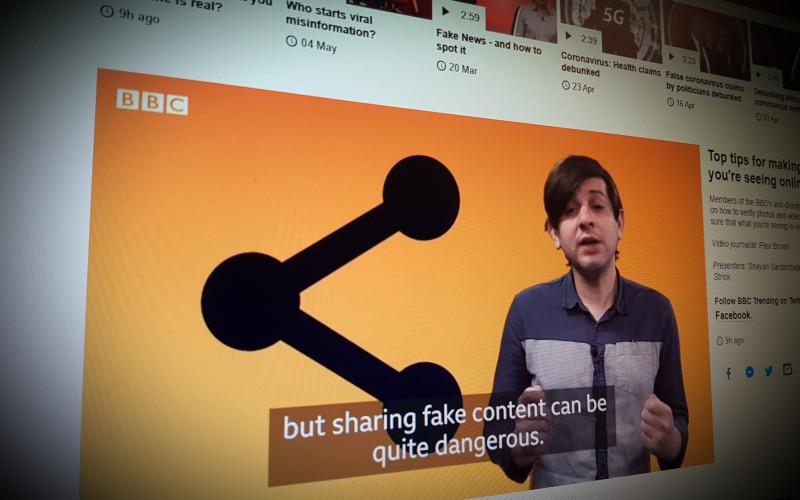
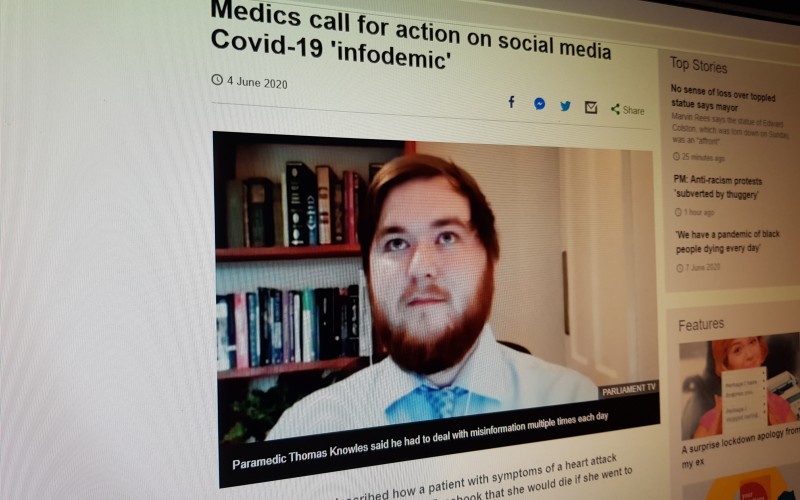
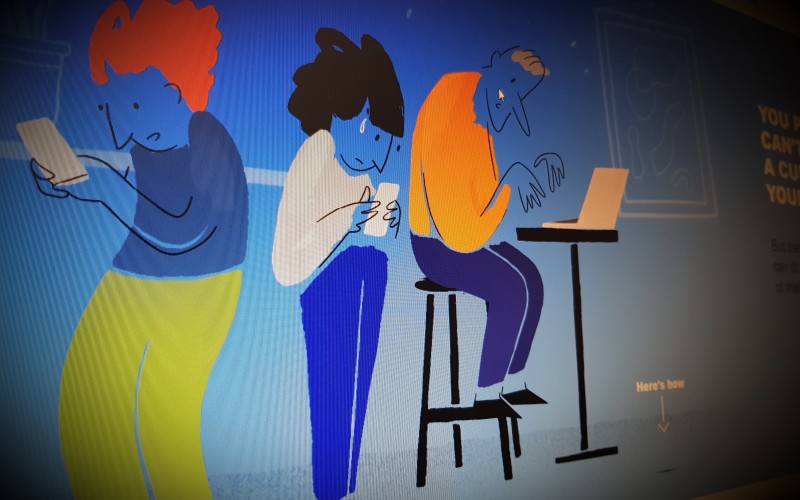
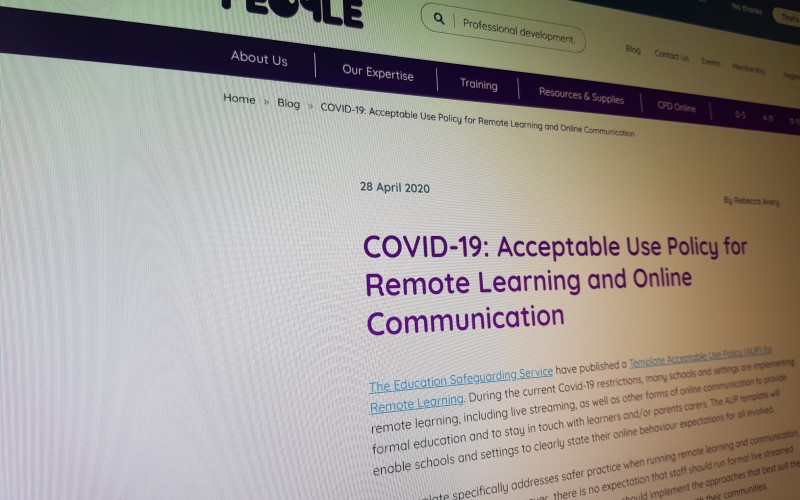
Comments
make a comment